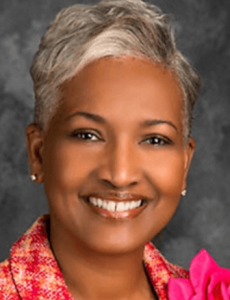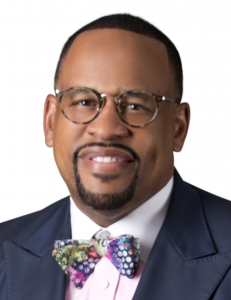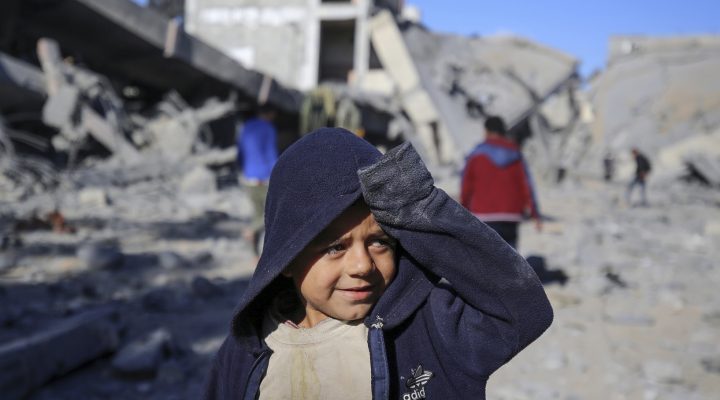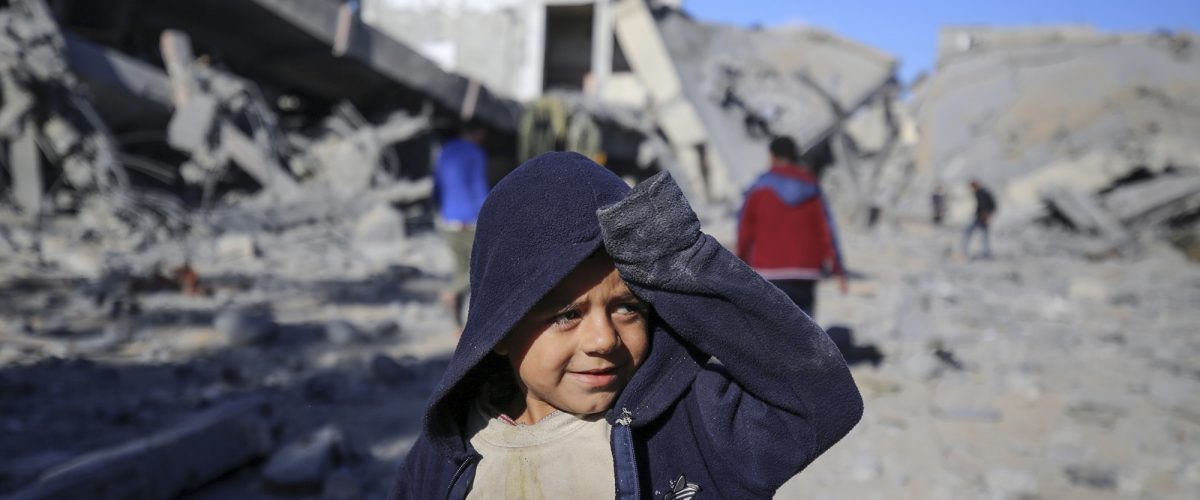It’s been 118 days since Hamas attacked Israel, and for more than 100 of those days, hundreds of Black pastors and Christian leaders have called for cease-fires, humanitarian assistance and peace talks for Palestinians.
Many Black pastors have prayed for both Israelis and Gazans, but as the Israeli attacks on Gaza continue — killing more than 25,000 people, most of them women and children, and putting more than a million people at risk of famine — more than 1,000 leaders have joined the prayer, protests and pleas for Gaza.
Some leaders say their sense of solidarity with Gazans is based on their shared experiences of oppression.

Cynthia Hale
“We see them as a part of us,” Cynthia Hale told The New York Times. “They are oppressed people. We are oppressed people,” said Hale, senior pastor of Ray of Hope Christian Church in Decatur, Ga.
Last year, Black faith leaders signed a group letter and bought ads in newspapers calling for a cease-fire in Gaza, more humanitarian assistance and a U.S. commitment to a peace process including a two-state solution.
More than 80 groups signed a letter issued Oct. 16, 2023, by Americans for Justice in Palestine, Jewish Voice for Peace and the Friends Committee on National Legislation, a Quaker organization. Quakers have long opposed war and violence, and some Black leaders signed their letter.
Michael McBride is pastor of The Way Christian Center in San Francisco and director of the Live Free Campaign, which promotes social justice, and an end to gun violence and mass incarceration. “We are faith leaders in the African American faith tradition, in the Black church prophetic tradition, and we are people familiar with pain and suffering enacted by state actors,” McBride told the Washington Post last November.
“At some point, bombs and the fighting has to cease and move to a solution that is one of mutual coexistence, peace and justice for all in the region,” McBride told the Times. “You cannot, in my view, be a person of faith, whose primary driving factor is love, peace and justice as our holy texts indicate, and not be concerned.”
The Times said support for Gaza is “is diverse, from conservative-leaning Southern Baptists to more progressive nondenominational congregations in the Midwest and Northeast.”

Michael Stevens
But far from all Black leaders share McBride’s commitment to Gazans. Michael A. Stevens took to The Christian Post last October to condemn “the appalling silence of the Black church during this Israel war.”
“If any organization or group of people should be standing with unwavering support for Israel during these difficult days, it should be the African American church,” wrote Stevens, founder and senior pastor of The City Church near Charlotte and author of the 2013 book, We Too Stand: A Call for the African-American Church to Support the Jewish State.
Yet most Black leaders have shown more concern for Palestinians than their white brethren, who have largely focused on supporting Israel. For example, the Southern Baptist Convention’s Ethics and Religious Liberty Commission issued an Oct. 11 statement, “Evangelical Statement in Support of Israel.”
It said: “We recognize the dignity and personhood of all persons living in the Middle East and affirm God’s love for them,” but did not mention Palestinians in Gaza, only the Christian “Palestinian believers.”
Many Black leaders have made clear their disappointment with the Biden administration’s unwavering support for Israel, and they plan to raise their voices in the 2024 election. That’s worrisome for Democrats, who depend on Black votes.
“There are many of us who feel that this administration has lost its way on this,” said McBride.
Some Black leaders have said they will not publicly support Biden’s re-election until he shows greater support for a cease-fire, but Black pastors most critical of Biden on the war in Gaza continue to prefer him over Trump.


